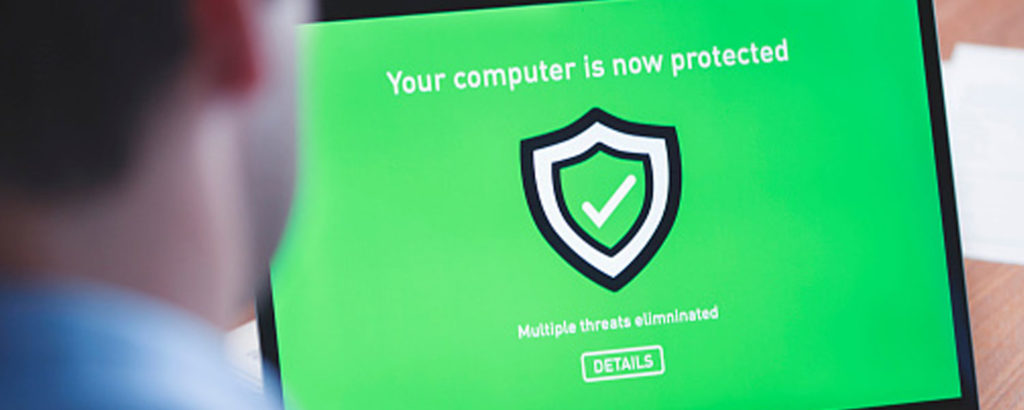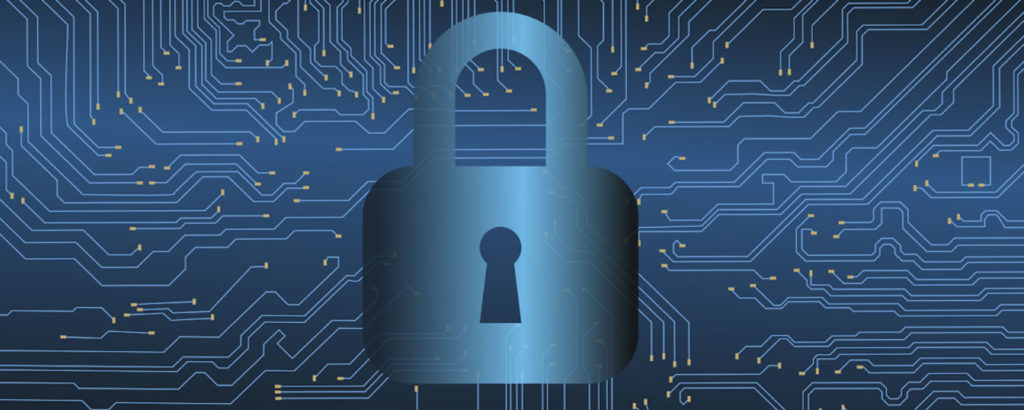In the cloud environment, data security is the most critical issue for an individual or an enterprise. Anyone online must deal with the threat of unauthorized access related to cybercrimes occurring every day. With the advent of new technologies like smartphones, smartwatches, smarthomes, and a wide range of IoT devices, it has become a mandatory task to deal with the challenges in cybersecurity proactively. In this war between the cybercriminals and the users or the enterprises, proper authentication is a key aspect for data security, which acts as a mechanism for proof of identity of an individual to get access to the important information and files residing into the system. And leading the charge to better security are cloud-based multifactor authentication services.
The traditional authentication method, which makes use of the password to authorize an individual to get access to the system, is now becoming obsolete as it has failed to provide enough security against cyberattacks. The attacker’s most modern attack strategies have gained domination over time to crack passcodes.
To cope up with these cyberattacks, organizations have now started moving their stance toward other security mechanisms such as one-time passwords, face detection, fingerprints, and biometrics that help protect them from identity theft and secure their data. FinTech companies like banks, finance, insurance, and money remitters strictly urge their customers to make use of multifactor authentication to meet strong customer authentication compliances. In this race, several startups offer a plethora of solutions to take security on a much higher level. The most preferred security mechanism by organizations is a multifactor authentication system that provides the next level of user identity protection solution and closely integrates with the smartphones and the cloud environment. Here are five startups that are providing advanced cloud-based multifactor authentication security to the world.
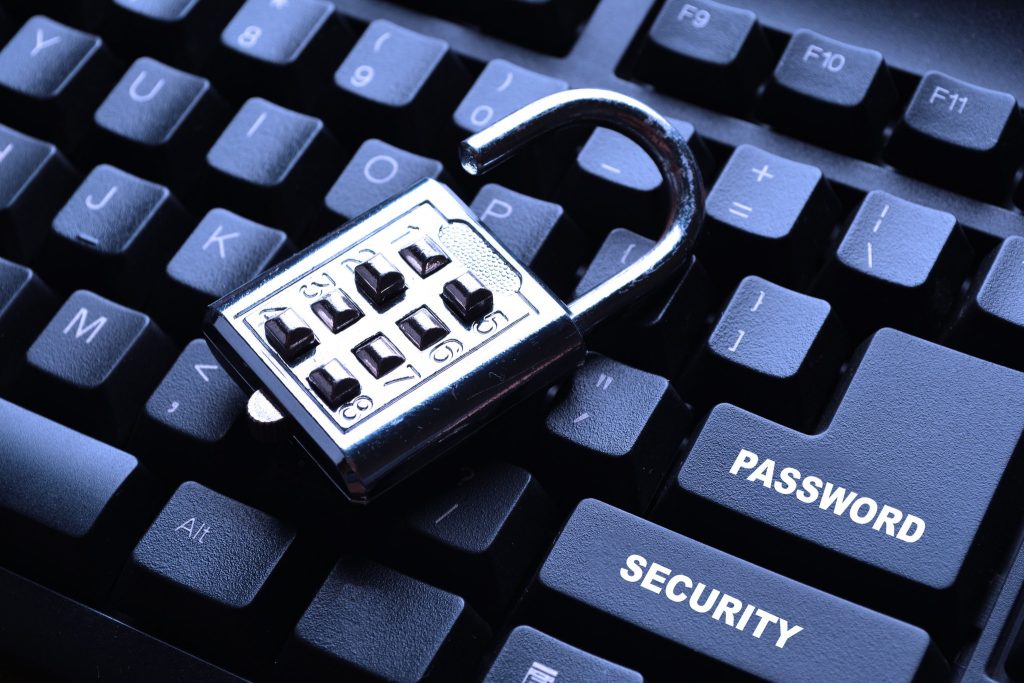
Covr Security
Covr Security was founded by Peter Alexanderson, who earlier developed what has become the national standard for digital authentication for the Swedish banking system. Now Alexanderson has come up with Covr, a two-way authentication system that provides a unique user-centric authentication solution to prevent users from unauthorized access to their accounts and personal information.
The Covr app is a lightweight, user-friendly, and requires no additional hardware. It behaves like each of the users is provided with their own private security guard, keeping cybersecurity attackers at bay while disallowing entry into the system without any additional manual intervention or approval at the same time. The applications that can use the Covr app include gaming solutions, banking systems, cloud storage, e-commerce platforms, and many more. The ultimate goal behind developing Covr was to get rid of passwords while simultaneously providing an extra layer of security to the transactions by authorizing them via an app installed on smartphones.
DirectRM
DirectRM was formed in 2010 when its founders identified the weaknesses in the cybersecurity industry with respect to mobility. It was predicted that identity theft would be the biggest security problem. In response to this, DirectRM developed an integrated security solution known as Direct Authenticator, which is identity protection, authentication, and access management platform that offers top-notch security solutions leveraging the 6A architecture with an emphasis on strong multifactor authentication.
DirectRM’s access management platform provides innovative and leading-edge security solutions, identity protection, forensics solutions, user authentication, and access control management that match up the levels of military-grade security solutions. It has a vast application base, such as the health-care industry, legal, commercial, and government sectors.
The company has also introduced the Direct Authenticator technology to smart card credit cards that can manage the security of the user’s credit card transactions by authorizing user identity.
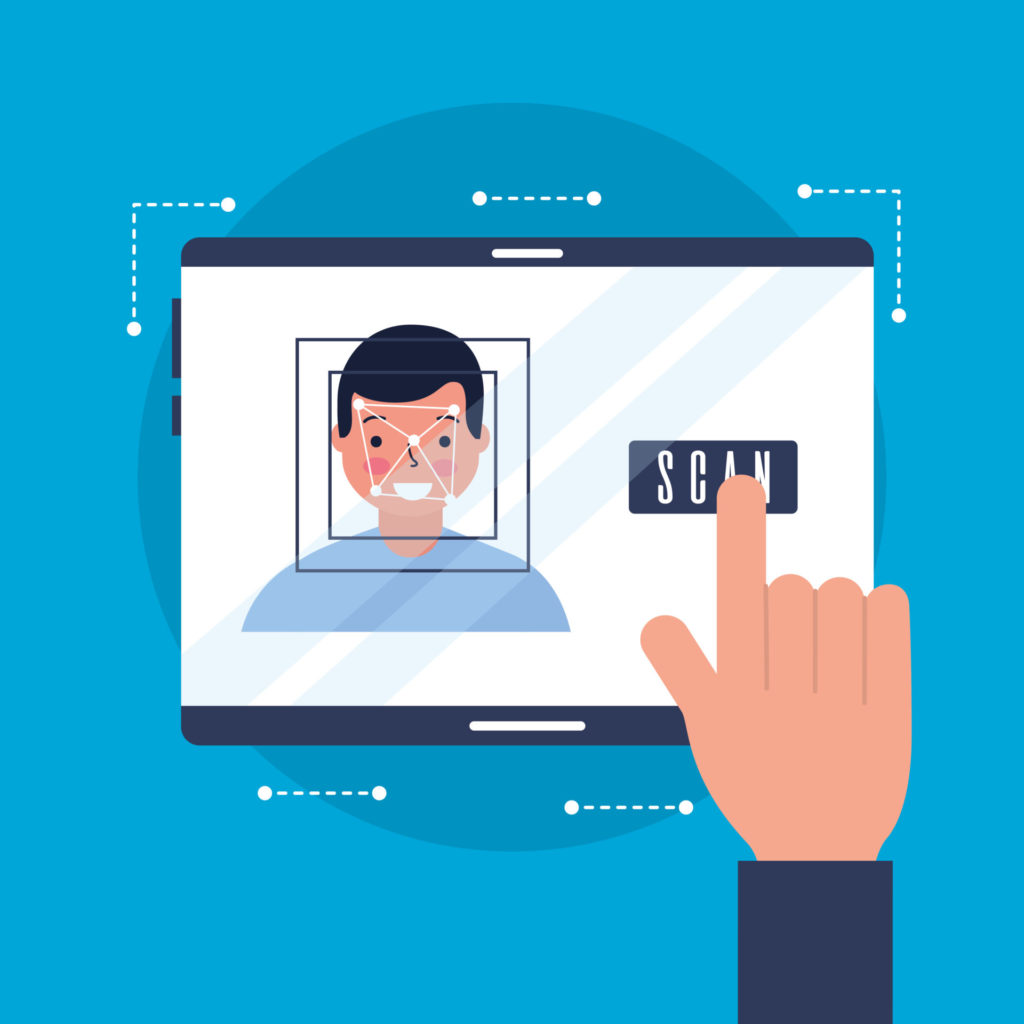
nVIAsoft
Headquartered in New York, nVIAsoft provides identity security solutions using the first-ever contactless biometrics technology, offering the most secure methodology to protect individual identity. The thinking of “password is our weakest link” leads most of the cybersecurity agencies to develop alternative ways to protect identity theft. nVIAsoft developed a unique biometric solution that uses multi-modal pattern recognition of the entire hand to create a unique biometric print. This solution generates a unique digital ID to every hand pattern it records.
The sensors are so powerful that it identifies the authorized user based on the live blood flow across the user’s veins. This unique technique of recording a huge number of reference points in one’s hands makes nVIAsoft a strong player in the cybersecurity industry.
This entire system strictly requires the user to be physically present at the time of the security check. The patterns are stored in the cloud (software-as-a-service and database-as-a-service), which a user can get access to and log into the solution using his hand as an access key. Even if the digital ID is stolen by cyberattackers, it cannot be used to reveal protected personal information.
GoTrustID
GoTrustID enables a password-free, phone-based user authentication from the computer to the cloud. It mainly utilizes the user’s smartphone making it work as a key authenticator for granting access to the secured system. The user’s phone works like a biometric authenticator enabled with fingerprints, iris or facial pattern recognition system. GoTrustID is a Microsoft Windows certified product that is the first-ever solution provider to utilize your smartphone and make it work as an alternative to a USB key for FIDO 2-step login to Google, Facebook, Dropbox, Microsoft, Salesforce, Twitter, and AWS services.
GoTrust uses Bluetooth or Near Field Communication (NFC) technology to facilitate communication between the phone and the computer system. All the applicable encryption algorithms in data transfer are NIST compliant.
Singular Key
Singular Key offers passwordless multifactor authentication solutions for mobile, web, and other legacy applications. It is a strong multifactor authentication solutions provider that helps get rid of phishing attacks, account hacks, and credential thefts without compromising user experience.
The app developed by Singular Key is known as Singular Authenticator, which works well with the most popular online applications that make use of one-time passcodes. It efficiently utilizes the power of hardware and biometrics solutions available in today’s smartphones to create a strong and uncrackable password-free authentication system for the enterprises. Singular Key Inc. mainly focuses on harnessing the power of identity-as-a-service (IDaaS) and delivering astounding user experience across the user’s devices. By using additional authentication methods like SMS, PIN, security key, push, and biometrics, the Singular Authenticator app also synchronizes with Singular Key’s cloud authentication service which allows access to websites with passwordless or multi-step verification.
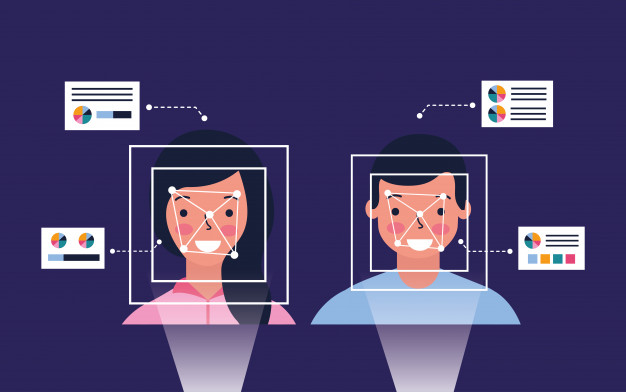
Multifactor authentication is a must
Gone are the days where the important data was kept in a password-protected computer system or password-protected hard drives. The traditional security mechanisms that were associated with passwords are now a cup of tea for modern hackers to crack. They can break into a system to steal valuable data. Every organization or individual should understand the intensity and destruction of cyberattacks and the value of important data they have and should switch over to modern multifactor authentication mechanisms discussed above. They are extremely difficult to break as they require a person to be physically present to get identified and authorized by the system to get access to it. So, the chances of breaking into the system via a remote location are negligible.
Featured image: Pixabay

